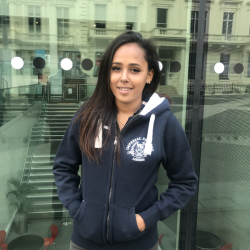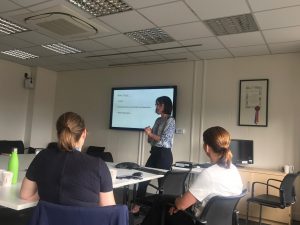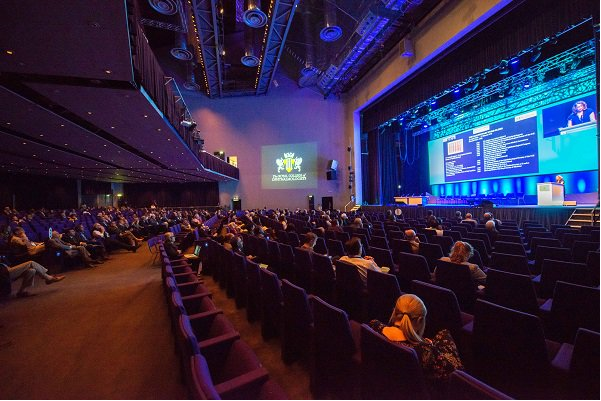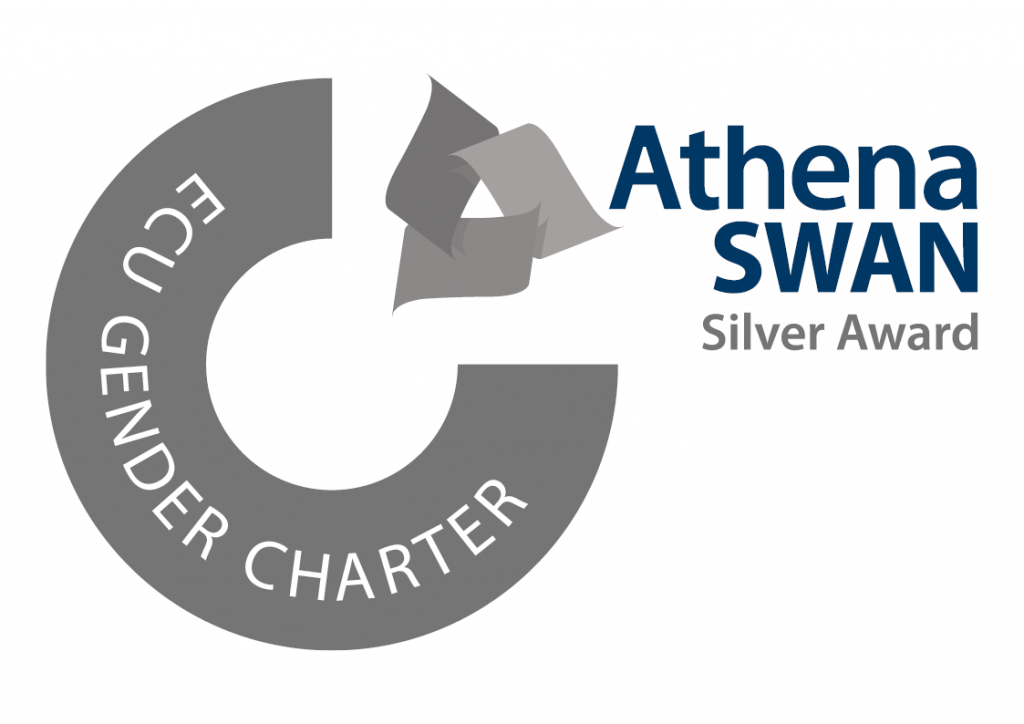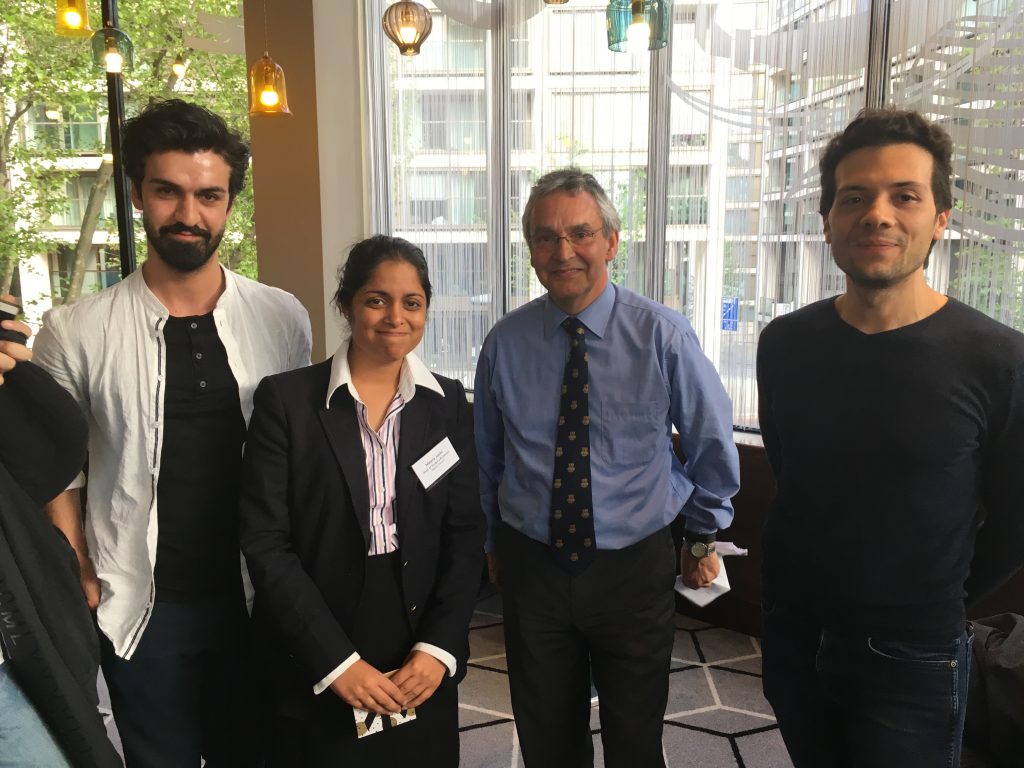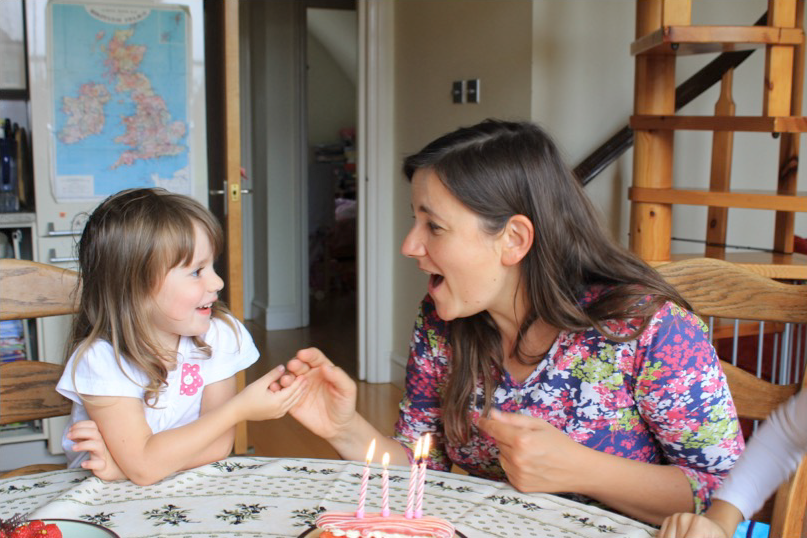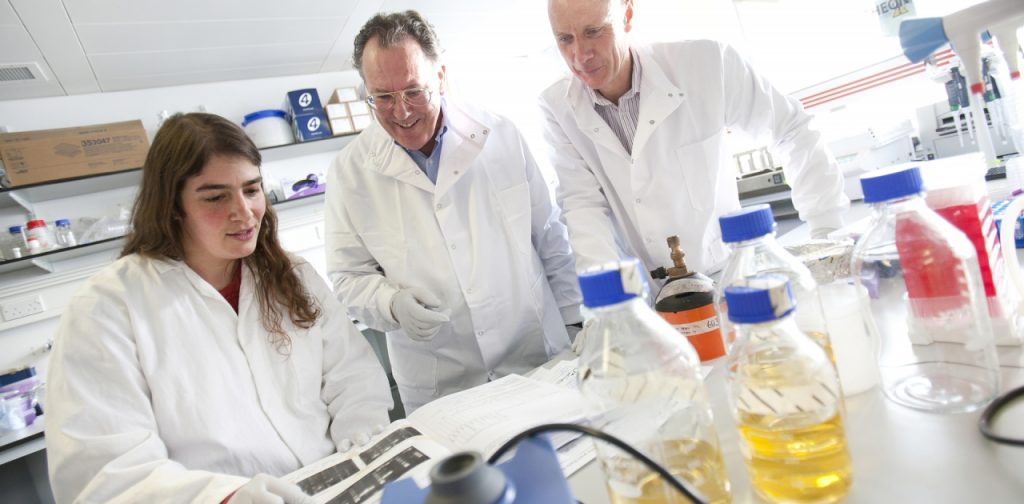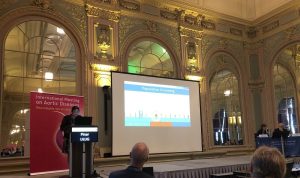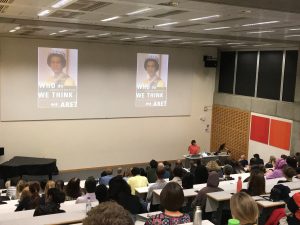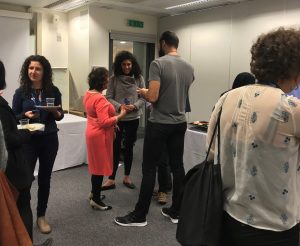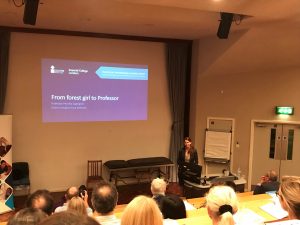 Around 150 people came together on Wednesday 10th October for the launch of the newly established Healthcare Professional Academic Group (HPAG). This group formed with input from the AHSC and CATO has been driven forward by Professor George Hanna of Surgery and Cancer and will be the academic hub in the Faculty of Medicine for clinical academics in the healthcare professions. Its mission is to grow the number of clinical academic leaders from across the Imperial College AHSC in nursing, midwifery, pharmacy, healthcare science and the allied health professions.
Around 150 people came together on Wednesday 10th October for the launch of the newly established Healthcare Professional Academic Group (HPAG). This group formed with input from the AHSC and CATO has been driven forward by Professor George Hanna of Surgery and Cancer and will be the academic hub in the Faculty of Medicine for clinical academics in the healthcare professions. Its mission is to grow the number of clinical academic leaders from across the Imperial College AHSC in nursing, midwifery, pharmacy, healthcare science and the allied health professions.
Professor Jonathan Weber, Dean of the Faculty of Medicine and Director of the AHSC opened up the event making it clear the importance of addressing the challenges faced for healthcare professionals in research and the importance of this newly formed group. He also made it clear that a key focus and feature of the AHSC going forwards would be nursing, midwifery and AHP research.
Professor Janice Sigworth, Director of Nursing at Imperial NHS was the first up with her talk entitled ‘A Dream Come True’, an outline of her career and the work that she has done and her hopes for the future within nursing. With nursing being the largest group in the medical field, she made a clear point that is is vitally important to have more leaders and with the formation of the HPAG, the hope is that this becomes possible and that more people can be given the support they need to progress forwards.
Professor Pernilla Lagergren, Chair in Surgical Care Sciences (S&C) and Chair of the HPAG gave a hugely inspirational outline of her career in her talk ‘From Forest Girl to Professor’. Coming from a non-academic family, Pernilla started her career as a nurse to being a specialist nurse for oesophageal cancer patients. This then led her into the academic field and in 2004 started her PHD. Research being the key to open doors as a PHD student was a key factor in Pernilla starting her own group which is still a big part of her career to this day. At the age of 34, she became Professor Pernilla Lagergren. Pernilla really stressed on the fact that research is not a ‘one person show’, the involvement of many people together makes it work and with this people need to be recognised for their contributions and successes should be shared and celebrated (especially with cake).
Caroline Alexander, Lead Clinical Academic for Therapies in the Division of Medicine and Integrated Care gave an insight into the training research opportunities available for clinical staff. through Imperial College NHS and Imperials Clnical Academic Training Office (CATO); a whole range of support available.
After a break for tea and cake which gave a great opportunity for networking, session 2 of the event was opened up by Professor Mary Wells, Professor of Practice (Cancer Nursing, S&C) who introduced four healthcare professionals who spoke of their journey pursuing Clinical Academic careers; Calendra Feather, Research Nurse, Huw Woodbridge, Physiotherapist, Dr Gillian Chumbley, Consultant Nurse and Dr Lina Johanssen, Dietician and Clinical Lecturer. All four accounts completely different and challenging in their own ways but one clear similarity was spoken off, how it was not a straight road and very often a very lonely road to be on.
We ended the afternoon with Professor George Hanna giving closing remarks and opening up for a Q&A session with the members of the HPAG.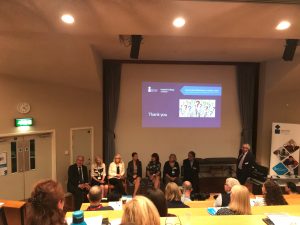
With some time to grow and with support, the HPAG looks bright for the future of healthcare professionals and this group is a really good opportunity to bridge the gap and provide the much needed support and guidance to those considering furthering their careers.
For further information on the HPAG, events, and how to become a member please visit their web page for more information.
Read Healthcare Professional Academic Group Launch in full

